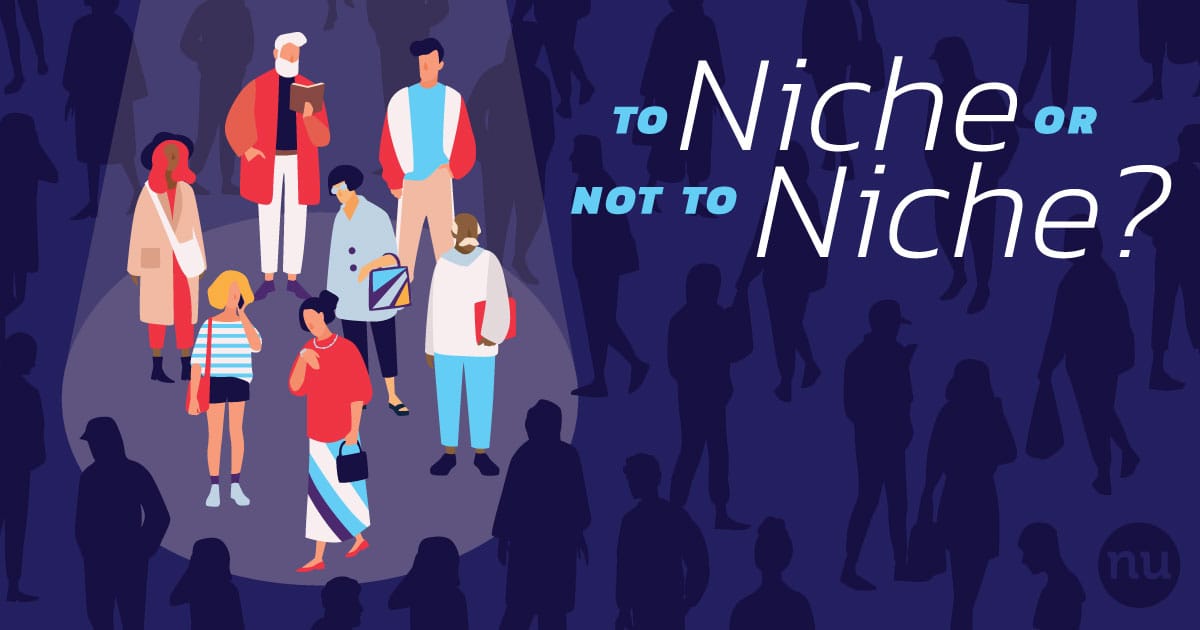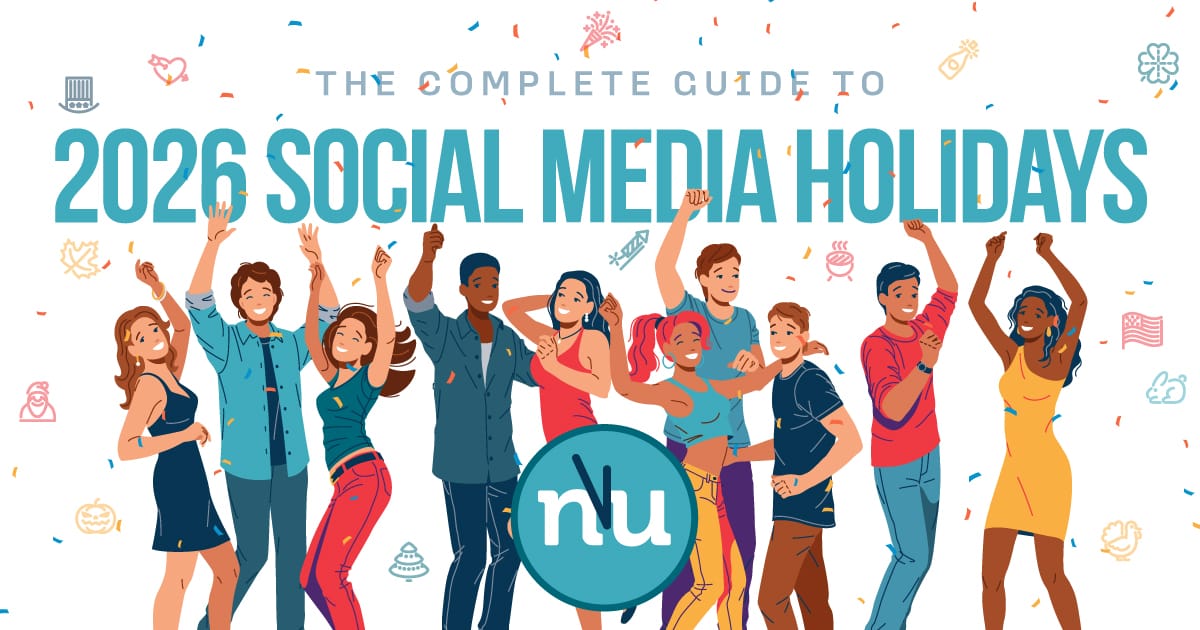
One of my core characteristics, which came as a direct result of my public education experience, is being well-rounded. In school, it wasn’t enough to have the best grades. If I wanted to be accepted by a university, I had to participate in a variety of extracurricular activities — to show I had interests, social skills, and personality outside of my ability to retain and apply information. Now, as a marketer, I’m often asked what it is I do exactly and I find myself going through a laundry list of job titles. “Well, I’m a web designer, but also a writer, but also a social media specialist… Oh, and a graphic designer…”
“A jack of all trades,” I’ve come to call myself. “A master of none,” I add, to maintain some modesty. But recently, a friend combatted my attempt at humility by enlightening me with the second half of the popular saying: “Oftentimes better than a master of one.”
Whether you’re an entrepreneur or just trying to go viral on TikTok, I’m sure you’ve been told that you have to find your niche to succeed. What makes you special? What sets you apart? What makes you a master?
But the generalist in me wonders, “Is niching really the key? Do you need to be a master?”
Advantages of Having a Niche
I’ll admit, having a specialty that caters to a certain group of people definitely helps identify business opportunities. It serves as a natural guidepost to shape a marketing strategy and streamline products and services with a clear message. A bakery that sells only vegan pastries, for example (let’s call it Green Life Café), can easily identify its audience as vegans and build a brand and marketing strategy that targets an animal-friendly clientele. In doing so, Green Life Café:
- Builds a Loyal Audience – Anyone who walks through the doors of Green Life Café can expect eats and treats of the non-animal variety. Over time, the business will establish relationships and see customers return. Because Green Life Café serves such a specific audience, it can focus more resources on catering to its target market, resulting in higher marketing effectiveness.
- Lowers its Competition – Since Green Life Cafe is only interested in appealing to vegans, the bakery’s only direct competition then becomes other vegan bakeries. A regular sweets shop wouldn’t be marketing itself in the same way. This low competitive pressure allows Green Life to offer exclusive products at premium prices, leading to higher profit margins.
Disadvantages of Having a Niche
But I wouldn’t be writing this article if there weren’t some disadvantages or risks associated with depending on a single market. Sticking with the Green Life Café example, an audience of solely vegans means the business has:
- A Smaller Opportunity for Growth – With more specific demands and needs comes a smaller market. While that could mean a higher return on investment from resources being directly focused on a specific group, a smaller market makes it more difficult for a business to scale in the long run. This limitation would make a company like Green Life Café more vulnerable to market changes.
- Skill Set Limits – By choosing a niche, a company dedicates its time and resources to becoming a master in that area. This leaves little room to develop other skill sets that could help the company appeal to a wider audience, such as selling non-vegan treats. Any business that only focuses on mastering its niche is going to remain small.
Deciding whether you or your business should specialize in a particular area depends on a multitude of factors: your industry, your business goals, your audiences’ needs, and your current skill set. In my personal experience as a (completely biased) generalist, not establishing a niche and being able to provide a variety of services to people across multiple industries is part of why I’ve seen success.

